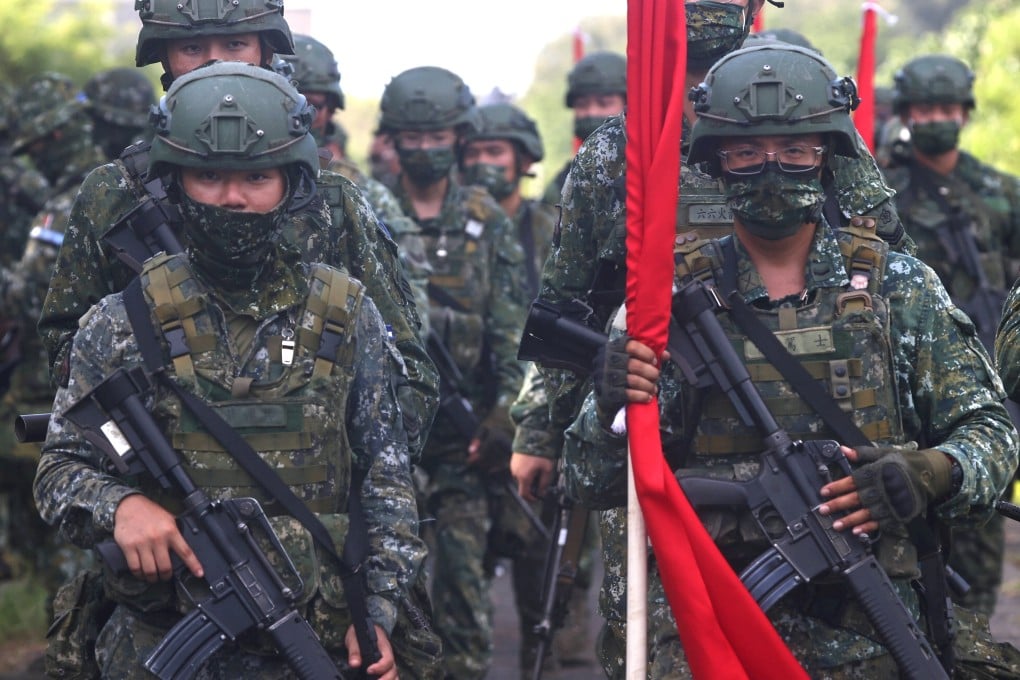Former US military leaders cast doubt on ‘strategic ambiguity’ Taiwan policy
- Ex-officers who served in the Indo-Pacific call for the US to make its defence intentions clear in hopes of deterring an attack by mainland China
- ‘If you’re talking about a strategic competition, it’s dangerous to be ambiguous because someone will miscalculate somewhere’

The United States should end its long-standing policy of “strategic ambiguity”, which leaves unclear whether it will defend Taiwan in the event of an attack by China, in order to make US intentions clear and deter Beijing from acting precipitously, former military and diplomatic officials who were based in the Indo-Pacific region said on Wednesday.
The calls for a more hardline stance come as tensions mount over Taiwan. In recent weeks, a delegation of Republican US congressmen have visited Taipei, and the People’s Republic of China has dispatched scores of fighter jets and nuclear-capable bombers into the island’s air defence zone numbering, at its peak, 148 in a four-day period.
“While it has served us well for the last 50 years or so, it is no longer the best policy,” Harry Harris, a former ambassador to South Korea, said at an event sponsored by the Korea Society in New York. “I believe we need to be clear on what would happen if the PRC invaded Taiwan.”
Said retired admiral Scott Swift, who served as commander of the US Pacific Fleet from 2015 to 2018: “If you’re talking about a strategic competition, it’s dangerous to be ambiguous because someone will miscalculate somewhere.”

01:07
No change to US’ one-China stand on Taiwan, Blinken tells Wang Yi on G20 sidelines in Rome
Analysts say East Asia’s major hotspots – led by Taiwan and North Korea – are interrelated, with any major conflict at risk of pulling in some combination of China, South Korea, Japan and the United States, given deep regional distrust and a web of close alliances.